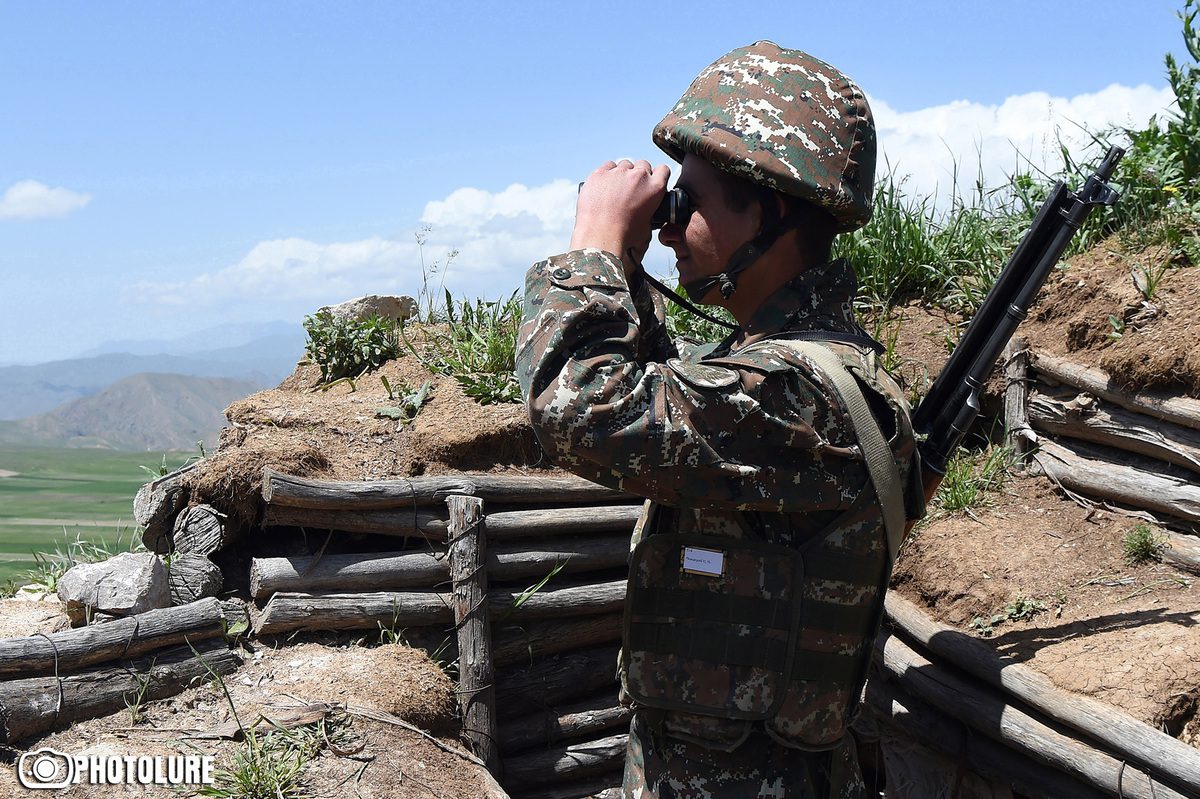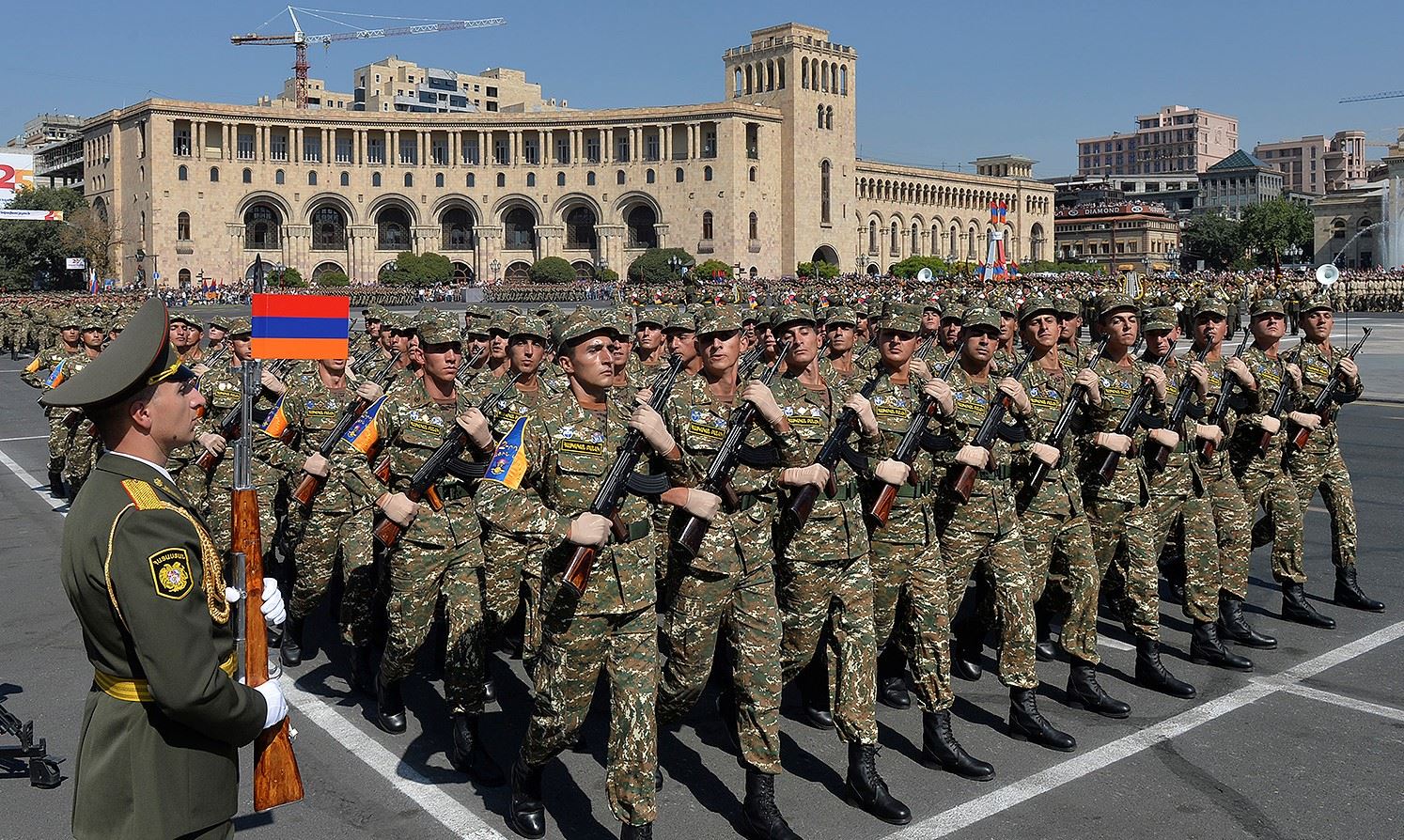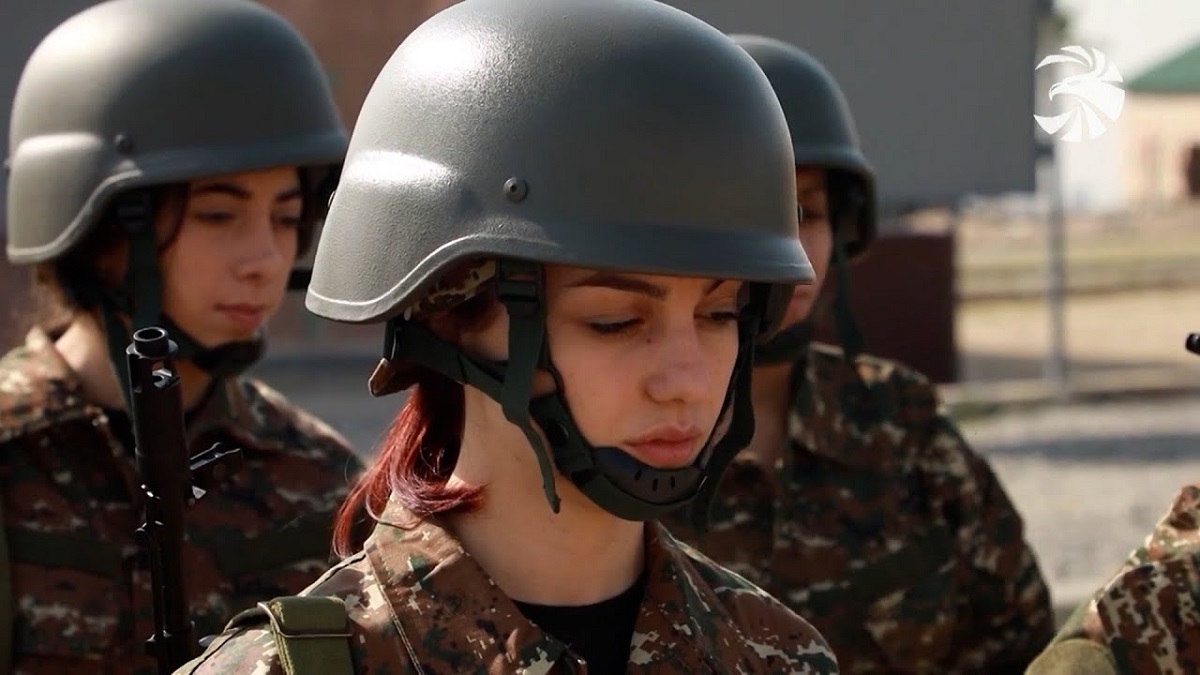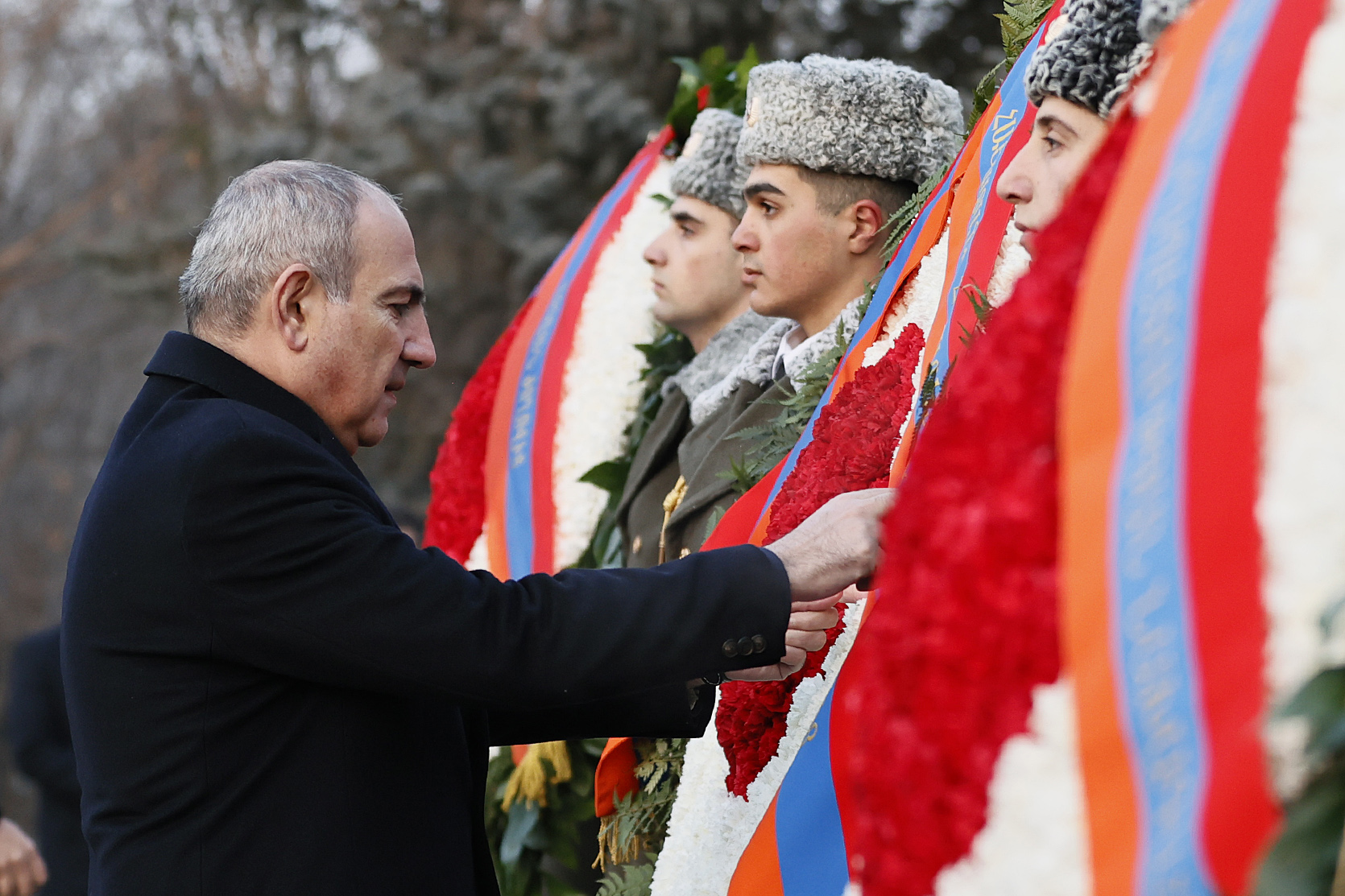18 months instead of 24: Armenia debates shorter mandatory military service
Military service in Armenia
Armenia’s defence ministry has proposed cutting the length of mandatory military service from 24 months to 18. If approved, the change would take effect with the summer draft of 2026, but it would not apply to those conscripted before 1 July that year.
The draft law has been published on the electronic platform e-draft.am, where all legislative initiatives are posted for public discussion. So far, 195 people have backed the proposal and 50 have opposed it.
The idea is being widely debated by experts. Political analyst Suren Surenyants says the plan should be viewed in the context of parliamentary elections scheduled for summer 2026. Military expert Eduard Arakelyan called the proposal “ambivalent.”
“On the one hand, it could signal a new approach to army reforms, focusing on training quality and building a more balanced armed forces rather than relying on long barracks service. On the other, it could be a political move — part of the government’s strategy to ease social tensions, show progressiveness, and demonstrate a break with old Soviet practices in favour of modernisation,” he said.
The draft law, expert opinions and public reactions are now under discussion.
- “Azerbaijan has always been as much a brotherly state for the CSTO as Armenia,” says Pashinyan
- “Armenia without Russian boots”: calls grow for withdrawal of Russian military base
- Armenian security services say attempted coup foiled, release evidence
Shorter service terms are also included in the government’s programme
In its justification for the bill, the defence ministry refers to Armenia’s 2021–2026 government programme, which calls for reducing the length of compulsory service alongside an increase in the number of contract soldiers.
“In recent years, effective steps have been taken to expand contract-based military service — through the ‘Defender of the Fatherland’ programme, the training system for professional sergeants, the introduction of service certification, and the organisation of contract service in border units while maintaining military pensions for long-term service. These measures have been positively assessed, and it is clear that contract service is becoming more attractive,” the justification states.
Given these circumstances, the government has deemed it appropriate to propose cutting the compulsory service term for rank-and-file soldiers by six months.
Expert opinion
Military analyst Eduard Arakelyan argues that the two-year model of compulsory service is outdated. He sees it as a legacy of the Soviet system, which prioritised numbers over quality.
Modern conflicts, he stresses, have shown that the advantage lies not in the size of the army but in professionalism, mastery of new technologies and strong motivation. He notes that Armenia’s neighbours are actively reforming their armed forces, building up contract units and introducing advanced technologies.
“In these conditions, keeping the old model of the army risks falling behind modern standards,” he said.
Arakelyan believes a shift to shorter service could make the army more effective — but only if it follows an “intensive training model.” This would require a complete overhaul of how soldiers are trained, focusing on practical skills.
“An intensive course should turn conscription into an effective stage in shaping a modern soldier, capable of taking part in real combat,” he explained.
He said training should include not only combat and tactical preparation, but also:
- mastering modern technologies such as drones, air defence, reconnaissance and digital communications;
- learning battlefield first aid;
- using modern navigation and situational awareness systems;
- basics of operating certain types of precision weapons.
A shorter service term, he suggested, could also reduce draft evasion: “A shorter, more intensive period might not be seen as ‘lost years’ but as an effective and useful stage.”
Arakelyan considers contract service the key to reform, saying it must be made “an attractive, professional and stable career.”
“There needs to be a reliable system of social protection for contract soldiers: decent salaries, housing, additional benefits for their families, as well as guaranteed healthcare and career growth,” he said.
Moving to 18 months of service, he argued, could lead to a more professional and combat-ready army — but only if it is a carefully thought-out reform rather than a cosmetic change.
“For now, there are doubts about its success, because reform of Armenia’s armed forces looks like a series of fragmented initiatives without a clear overall strategy, often with a domestic political subtext. Everything depends on real systemic steps,” Arakelyan concluded.
Political analyst Suren Surenyants notes that the length of service varies across countries, and in some there is no compulsory service at all, with recruitment based on professionalism or voluntary choice.
He argues that before pushing through reforms, Armenia needs to decide what kind of army it wants and develop a clear concept for its development. Surenyants doubts such a strategy currently exists.
He also highlights that, if passed, the bill would only take effect with the summer draft of 2026:
“In this context, I am sure it all has an electoral logic. If it works — good. If it doesn’t, they will cancel it later under some pretext.”
He does not rule out the possibility that prime minister Nikol Pashinyan may soon announce that “long-term service is unnecessary, since the country has entered a phase of peace.”
Public comments in Armenia
Users who voted for or against the bill on the e-draft.am platform also left their comments.
Supporters of the proposal wrote:
“The idea deserves approval. This will help create a more professional army. But for fairness and equality, the transition clauses should also apply to those already serving. Otherwise, one day two soldiers will be demobilised together — one after 18 months, the other after 24 — and they will not be in equal positions.”
“It’s long overdue. Better late than never. The service term should even be reduced to one year, with higher salaries instead.”
“I fully support it. What matters is not the length of service, but the quality. In today’s world, the priority is mobile units equipped with modern technical and tactical means. Alongside this bill, I suggest amending the laws on military duty and mobilisation to bring the armed forces in line with modern military challenges. Soldiers should not feel cut off from civilian life. I propose increasing the number of leave days, while also preparing teenagers for military service from secondary school, promoting physical activity and teaching combat tactics.”
Those opposed explained their stance:
“I am categorically against shortening the service term. This carries extremely dangerous consequences. I cannot list them in detail because hostile countries could draw conclusions.”
“The demilitarisation of Armenia has already begun on Aliyev’s orders. Nikol Pashinyan is destroying the army. And apparently there is no one left in it with honour if this is all being carried out. I will say this: sooner or later Azerbaijan will start a war, and in that war it will be you who die. If that suits you, go ahead.”
Military service in Armenia






















